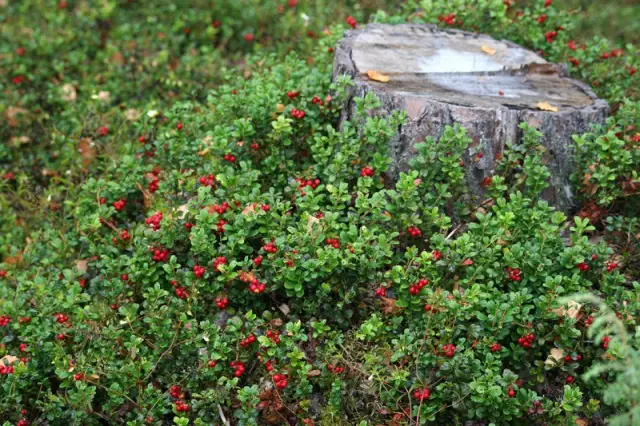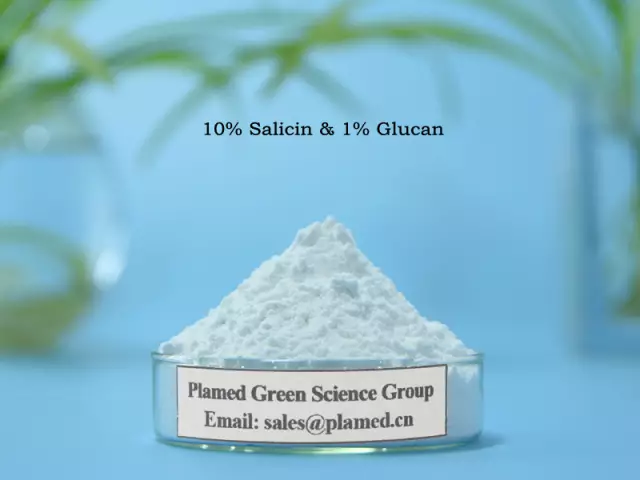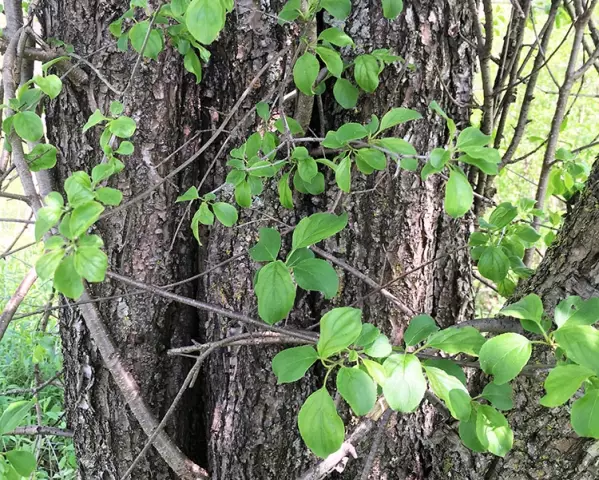- Author Rachel Wainwright [email protected].
- Public 2023-12-15 07:39.
- Last modified 2025-11-02 20:14.
Useful properties of aspen bark

Many people, after being overly enthusiastic about the achievements of pharmacology, return to the means tested for hundreds, and possibly thousands of years. We are talking about herbal medicine, or treatment with medicinal plants. Surprisingly, most plants, it turns out, are medicinal - if you know exactly what effect they have and how they should be used correctly. Almost all parts of plants have healing power: root, sap, leaves, tree bark, flowers. Aspen, familiar to all residents of the middle lane, is no exception. Because of the biblical stories, this tree has a bad reputation, and meanwhile, aspen has been known since ancient times as a tree endowed with great vitality, especially for aspen bark and buds.
Aspen belongs to the willow family, and it was from the willow bark that acetylsalicylic acid was isolated, the main analgesic, anti-inflammatory and antipyretic agent in any home medicine cabinet, known more as aspirin. Aspen bark also contains salicin, a substance derived from acetylsalicylic acid. It is thanks to him that a decoction of aspen bark has an antipyretic and anti-inflammatory effect.
In addition to salicin, aspen bark contains populin, a glycoside that has an antiparasitic and hepatoprotective effect. Thanks to him, aspen bark is used as an anthelmintic, especially effective in opisthorchiasis. In diseases of the liver and biliary tract, populin is effective because of its choleretic effect, and also because it normalizes the liver.
Another area of application of populin is the treatment of tuberculosis. It is believed that Koch's bacillus, the causative agent of tuberculosis, is sensitive to it, and therefore a decoction of aspen bark can be used in a complex of anti-tuberculosis treatment. Moreover, we remember that salicin is also present there, and this allows you to reduce inflammation without resorting to potent medications. The use of this remedy may be justified in a pause between courses of antibiotics or during remission.
A decoction of aspen bark helps with prostatitis. It is also effective in the treatment of skin diseases such as eczema and dermatitis due to the content of tannins in the bark.
Aspen bark can be harvested on your own, but you need to do it at a certain time - in late spring, and carefully so as not to damage the tree. You need to make two circular cuts, with a distance of about 10 cm between them, and carefully remove the bark. The broth can be made from fresh aspen bark, or you can dry it for future use. Do this in an oven that is not too hot, so that the bark dries out, but does not bake.
Found a mistake in the text? Select it and press Ctrl + Enter.






